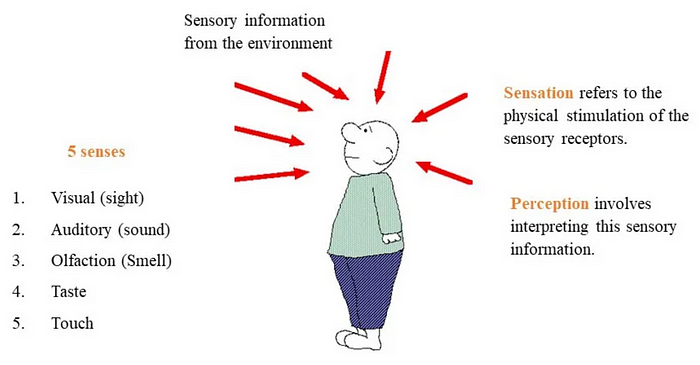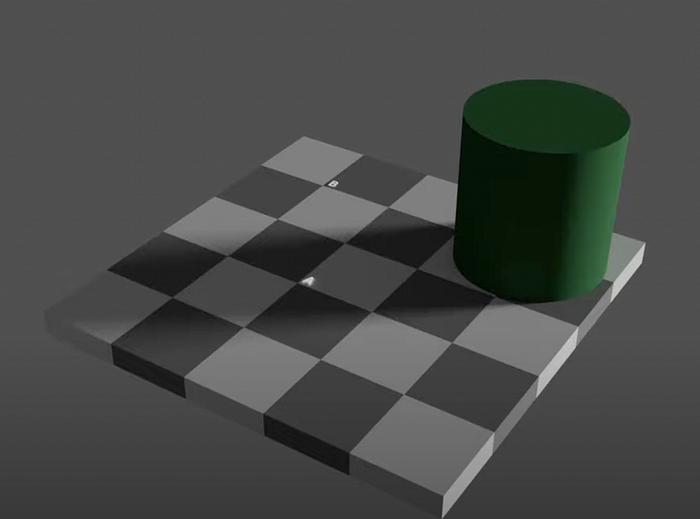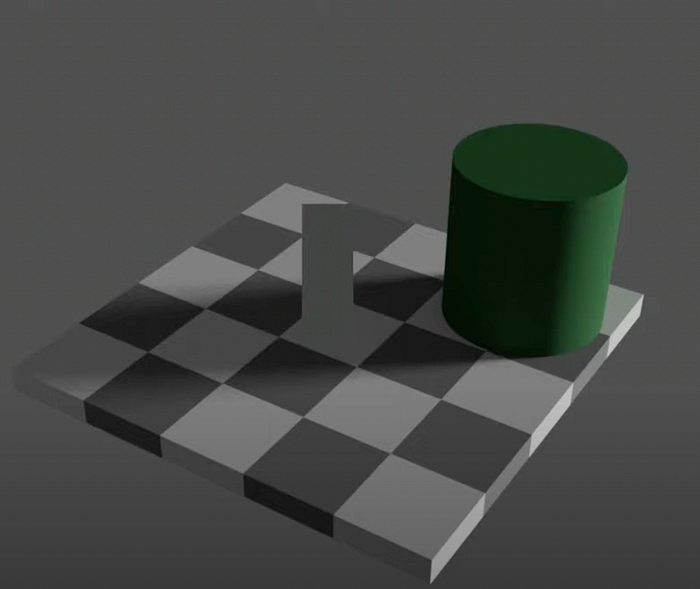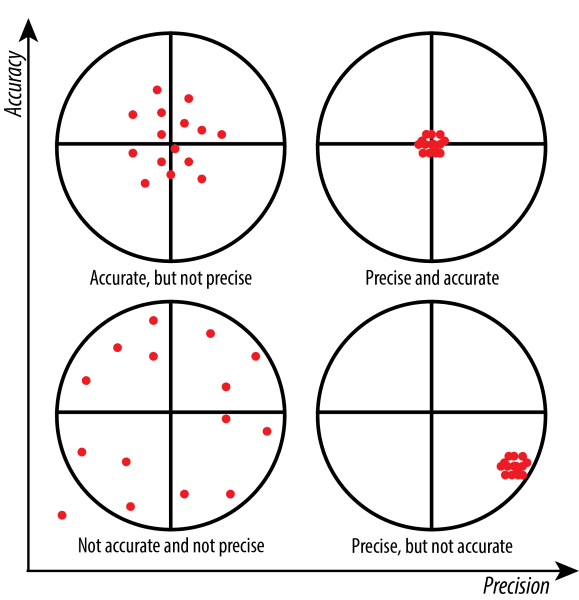How to Touch a Bitcoin
I was very touched when I heard the moving story of the boy in striped pyjamas. I felt a strong con-nection-with him. Still, I wrestled with sensations of chest pain as my heartstrings were torn by the nazi-polluted air that occupied my room and clawed at my bronchi. I couldn’t grasp, nor get a handle on what would push a human to commit such atrocities. The mot-(ion)-ivation to under-stand was an itch that I’m yet to scratch.
Each italic word in the phrase above describes a physical occurrence, and yet none are intended as such. So, why use physical words? Well, let’s define ‘physical’.
‘Physical’ is derived from the Latin word “physica”, meaning: the study of the natural.
‘Natural’ is derived from the Latin word “natura”, meaning: quality.
‘Quality’ is derived from the Latin word “qualis”, meaning: of what kind / of such a kind / particular property or feature.
Thus, each physical word is designed to in-form-you of orphaned properties or features completely void of that to which they’re usually attributed. This is isolated quality in the truest, most etymologically precise sense of the word.
‘Sign’ is derived from the Latin word “signum”, meaning: something that marks or identifies or re(-)presents; token
‘In-’ & ‘On-’ (prefix) (Latin), meaning: into, in, upon, on
‘Con-’ & ‘Co-’ (prefix) (Latin), meaning: together, with, mutually
When the phrase “to grasp” enters your consciousness, it invokes the unconscious mind to conceive a memory-composite token (sign-ature) of what it is to physically con-form your body to an object. This grasping token is revealed to you and interpreted as meaning. Depending on the person and emotional potency of the phrase, this will activate the rACC region of the brain which regulates the processing of emotional stimuli, this is why you often experience a signature emotional response associated with a given abstract concept; your unconscious mind is responding to your request for (in)formation with the meaning of the phrase. Then, the words become the symbolical embodiment of that metaphysical token; a data-compressed abstraction of an abstract composite of memories. This token is the meaning you derive from the phrase “to grasp”.
The word ‘meaning’ originates from the mathematical average ‘mean’. To discover an average value from a set of numbers sounds very similar to discovering a token from a memory composite. Similarly to the mathematical meaning of ‘mean’, where the mean of a given set is not any of its entries, the token of a set of memories is not any of the memories. “To grasp” ≠ grasping. Still, “to grasp” better describes the essence of grasping than any single memory of holding a cup could, this is why it can be used to describe not only physical actions. If it walks like a duck it is probably a seagull (I’m from the UK), but if the duck token is evoked, it's probably a duck. This is why people write their troubles to paper and then burn it; it’s a cathartic rebellion against the metaphysical monsters that reside just beyond your outer-most peripheral vision. This process of in-forming-you is called in-form-ation — a process. So, information is a process that acts as an attribute, function of data, and abstract noun simultaneously. Pretty wild.
The you that’s reading this article is a function of a bio-processual organ-ism. “Organism” is derived from the ancient Greek “organon” meaning, “instrument/tool/device” and “-ismos” meaning, “practice/system/doctrine”. So, since organisms are ‘instruments in practice’ let’s do away with the idea of “human-being” and replace it with “human-happening” to frame humans as processual rather than existential by nature. I use ‘happening’ rather than ‘doing’ because “to do” smuggles a subject, or doer, of unidirectional entropy, who’s separate from that which is being done, which can get messy very quickly. So, human-happening will have to do for now… no pun intended lol… Ok, fine I’ll stop, I thought it was funny ok fuck you. Anyway… back to touching bits for coin or whatever this article’s about.
Two lions are chilling out; nothing special is going on. They’ve been friends their whole life. Suddenly, one lion decides to kill the other. Why did the lion kill his friend? Perplexing. Now, the same supposition, except there are two humans instead; Why did the human kill his friend? Well, in the absence of verbosity, we can only assume that one friend said something that the other didn’t like to hear. Human-happenings don’t only cause their peers to stop happening over words, sometimes we even cause ourselves to stop happening because of words. We are the only species that commits to the voluntary termination of the processual self… why? Information.
This process of information, the mind coming into formation with qualities, is not a trait strictly bound to the human species… but we are very good at it. So good that the structural-functional qualities of the human-happening came in-to-formation with the mind. We became capable of metacognition and developed something called ‘Theory of Mind’. The reason animals don’t commit suicide probably isn’t because they’re just like… living in the moment, bro. It’s more likely because for silence to become salient, you must first be able to hear; knowledge of one’s life is pre-conditional to the desire to die. Young children will hide in plain sight with their eyes closed, believing that their inability to see means nobody else can see either. Theory of mind develops alongside understanding words such as ‘know’ and ‘trick’.
So yeah, this whole ‘meaning-making’ thing is the cognitive foundation of the human mind, thus it’s indistinguishable from the foundation of the universe. Act accordingly. It’s so instrumental that your physical perception of the word at a given moment is determined by the tokens of the experience.

It’s called the theory of top-down processing. It postulates that the sensory experience is a dialogue between anticipation and stimuli and that reality is a co-creation. For example, read this word:
hnapinpeg
That’s not even a word, right? How about now:
Waht teh atcaul fcuk is hnapinpeg rhgit now? I dno’t urndaesntd how mi albe to raed tihs cpolemx stencene?
By adding information, your brain was able to filter through the multitude of potential meanings of the words. Through information, meaning arose.
Through processual in-form-ation, meaning is evoked to consciousness.
But it’s not only words that this works with. Take a look at this:

Which square is darker? A or B?
This should be easy under the following presumptions: reality is objective; subjectivity only applies to abstract matters; mind, body, and reality aren’t the same.

Oh… they’re the same colour, yet I really did see one as lighter than the other. Thus, that from which your real experience emerges is not equal to your real experience. In other words: reality is not objective. So what is real? If reality isn’t objective, let’s try subjective:

Both squares are different colours, that perception is reality. The fact it proved to be an imprecise perception, in this case, does not make it an intrinsically inaccurate one; had you moved the object casting shade then your answer would’ve been correct:

When we see the original image, why do we see the checkered board as we see it without shade if it‘s in the shade? Because we are interpreting information or meaning from sensory stimuli, not quality or raw data. Okay, so if what is seen is sight itself, what is causing sight to happen? Subject-object paradigm begins to break down here because to see sight rather than ‘physical light’ rids the subject of her respective object. Without an objective counterpart, a subject is but a wave without its ocean.

It’s not that Yin and Yang are dependent on each other, it’s that their relationship affords their existence. A cup isn't graspable until something capable of grasping it enters the room. So if graspability isn’t a quality of the cup or hand, then the cup and hand must be qualities of graspability. This concept has a term, coined by cognitive scientist John Vervaeke: ‘transjective’.
How does any of this help us physically touch a Bitcoin?
Bitcoin is information, as is everything else, even Peter Schiff’s beloved gold. When your mind comes into formation with the concept of Bitcoin, you are touching it.
Bitcoin is not an object or a subject, it‘s a transject by virtue of being virtual money. Bitcoin is the utilisation of pure, isolated quality. So, what happens if you still think in terms of rocks and people, and failed to develop the metacognitive ability to perceive abstractly beyond the superficial? You end up tweeting shit like this:

When you say, “you should put your money in the property market.” you are not telling someone to look for the ‘property market’ and store a bunch of cash within it. You’re telling them to put the isolated quality of money into a different form. Bitcoin is the first invention that extracts that quality from those physical things to which it is usually assigned and allows us to de-peg from the physical standard. Bitcoin is real… as real as any experience.
Join Coinmonks Telegram Channel and Youtube Channel learn about crypto trading and investing

